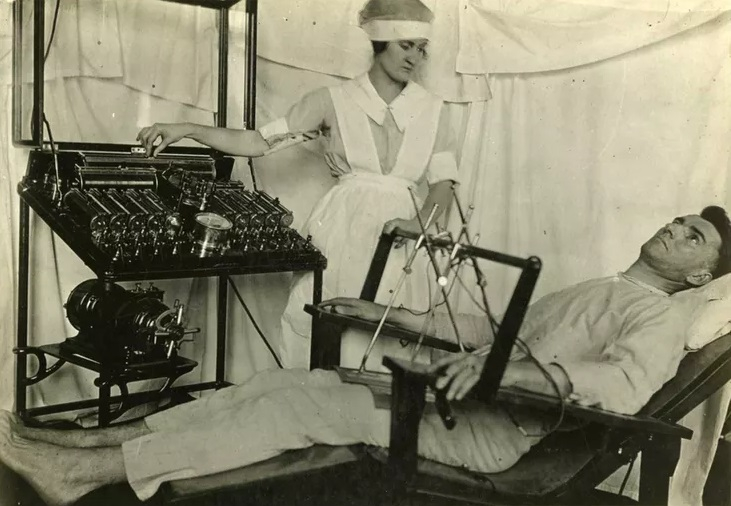Post Traumatic Stress Disorder
Post Traumatic Stress Disorder (P.T.S.D.) was a condition that mostly affected troops who had been in conflict. P.T.S.D., also known as Shell-Shock at the time, was a military issue during World War I. After a few months of WWI, it was discovered in February 1915.
Veterans underwent an unparalleled amount of psychological stress during the war, with many of them suffering effects for the rest of their lives. These varied from difficult-to-forget recollections to acute moments of catatonia and dread when veterans were reminded of their ordeal. After World War I, the overwhelming number of soldiers exhibiting similar symptoms led to the description of "battle stress response".
Soldiers referred to the consequences of trauma as "shell-shock," believing that they were caused by artillery bombardments. Army hospitals were overwhelmed with troops demanding treatment for "wounded minds," tremors, clouded eyesight, and fits as early as 1915, completely surprising the military establishment. Charles Myers, a psychologist, identified P.T.S.D. in his studies. Symptoms experienced in the military, he claims, are the result of psychological trauma. Only in the year 1980 was Shell Shock termed Post Traumatic Stress Disorder. By that time, the medical problem had been recognized as a result of contemporary warfare's ferocity, that's why it's on the list of the most major effects of World War I.











